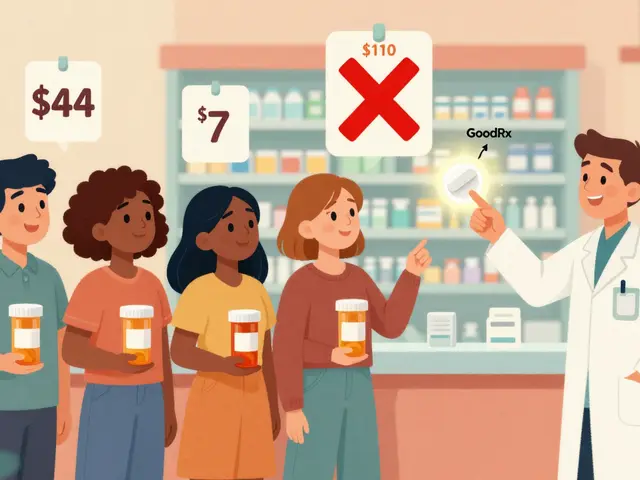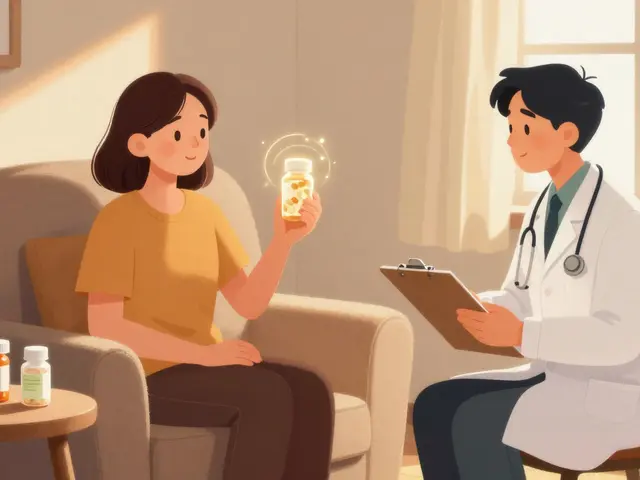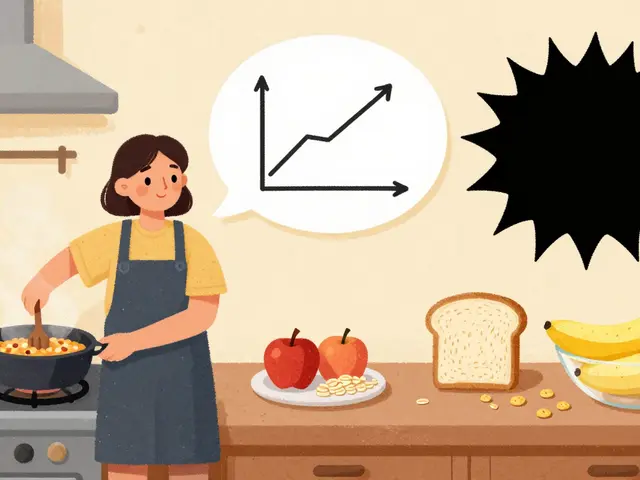Safety: Practical Tips for Medicines, Online Pharmacies, and Side Effects
Medicines help millions, but they can cause harm when used the wrong way. This page gives clear, practical safety tips you can use now—whether you buy drugs online, manage several prescriptions, or care for an older relative. Read these checks and actions and keep this page handy.
Buying meds online safely
Only use online pharmacies that list a physical address, a licensed pharmacist contact, and a straightforward prescription policy. Avoid sites that sell controlled drugs without asking for a prescription or that push bulk purchases. Look for regulator seals, verifiable customer reviews, and mentions of licensing by a national authority. If a brand name drug costs far less than usual, treat that as a red flag—counterfeit medications are often cheap because they skip safety testing. When importing medicines, follow customs laws: declare prescriptions, keep quantities small, and know which substances are banned.
Ask for photos of packaging, batch numbers, and ingredient labels if anything seems unclear. Reputable pharmacies will share that information and offer pharmacist consultations. Use secure payments and never wire cash to unknown sellers. For drugs with higher risk profiles—Topamax, Methyldopa, Isordil, or other prescription‑only medicines—prefer pharmacies that require a valid prescription and provide pharmacist support.
Taking medication safely at home
Keep a single up‑to‑date list with every drug name, dose, reason for use, and prescribing doctor. Share this list with every clinician and your pharmacist. Learn common dangerous interactions that affect your medicines; for example, nitrates and sildenafil can cause a severe blood pressure drop, and some antidepressants interact badly with migraine drugs. Start a new medicine with a plan: know common side effects, when to stop, and who to call.
Older adults need extra checks. Hyponatremia can develop silently, especially with diuretics and some antidepressants; watch for confusion, balance problems, or unexplained tiredness. Blood pressure medicines like lisinopril‑HCTZ can change exercise tolerance—stay hydrated, monitor blood pressure before and after workouts, and reduce intensity if you feel dizzy or faint.
Switching inhalers or psychiatric medications needs planning. Talk with the prescribing clinician and pharmacist before changing brands, doses, or delivery methods. Pharmacists can explain dose equivalence, onset of effect, and how to spot problems early. For alternatives to drugs like Abilify, Symbicort, or Duloxetine, balance side effects, weight and metabolic risks, and how a change will affect symptom control.
Treat supplements like drugs. Garlic supplements, raspberry ketones, and male fern can interact with blood thinners, blood pressure meds, and prescribed treatments. Ask whether a supplement affects your current drugs or upcoming procedures.
Seek immediate medical care for breathing trouble, swelling, sudden severe rash, fainting, chest pain, or signs of severe allergic reaction. For persistent symptoms, contact your pharmacist or prescriber promptly. Safety means checking credentials, keeping records, and asking questions until you understand why a drug was chosen and how to use it please.
25
Is Ativan Bad for Your Heart? Cardiologist Facts and Risks Explained
Curious if Ativan is risky for your heart? Get facts on heart health, the science behind benzos, what cardiologists say, side effect tips, and safety data in one clear guide.
Latest Posts
Popular Posts
-
 Extended Use Dates: How the FDA Extends Drug Expiration Dates During Shortages
Extended Use Dates: How the FDA Extends Drug Expiration Dates During Shortages
-
 Enteral Feeding Tube Medication Safety: Compatibility and Flushing Protocols Explained
Enteral Feeding Tube Medication Safety: Compatibility and Flushing Protocols Explained
-
 Stinging Insect Allergy: What Venom Immunotherapy Really Does for You
Stinging Insect Allergy: What Venom Immunotherapy Really Does for You
-
 Meniere’s Diet: How Sodium Restriction and Fluid Balance Reduce Vertigo and Hearing Loss
Meniere’s Diet: How Sodium Restriction and Fluid Balance Reduce Vertigo and Hearing Loss
-
 Out-of-Pocket Costs: How Generics Cut Your Drug Bills - and When They Still Hurt
Out-of-Pocket Costs: How Generics Cut Your Drug Bills - and When They Still Hurt



